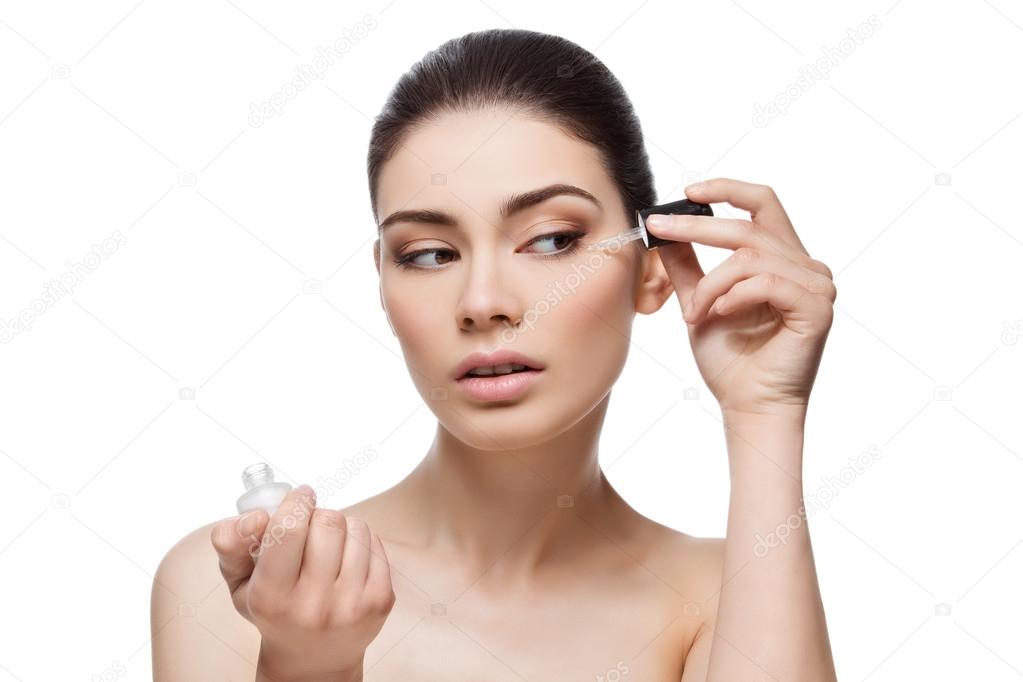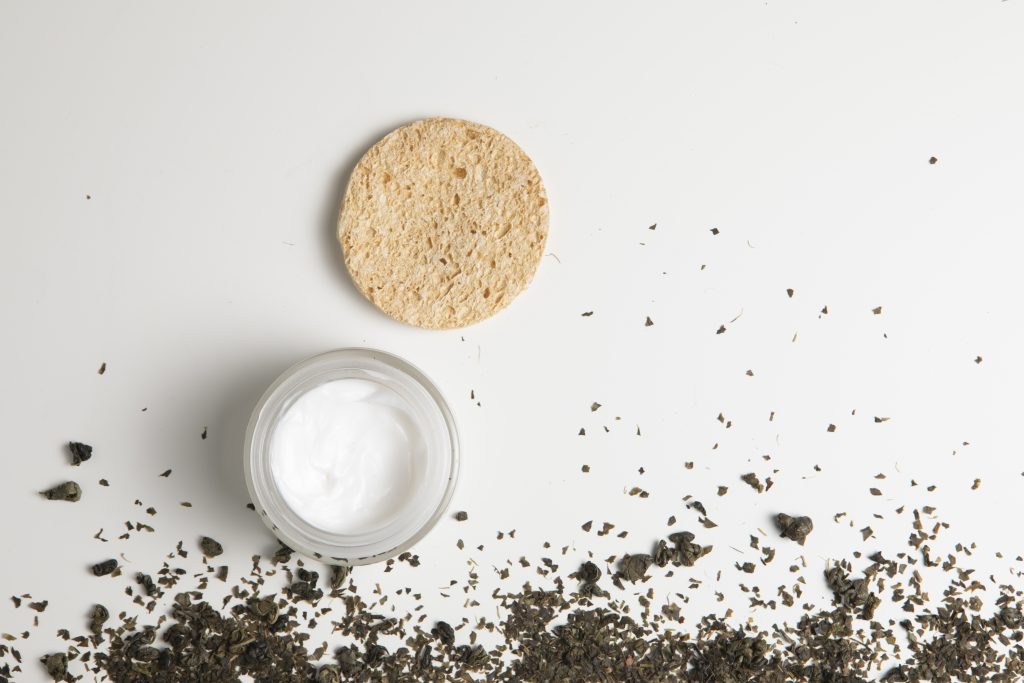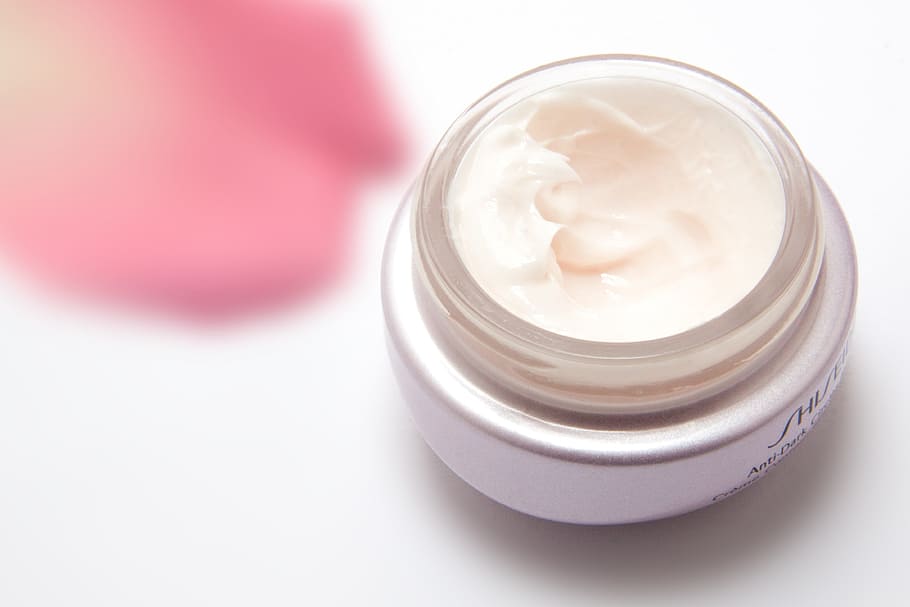Finding the Perfect Match:

Introduction:
It can be difficult to find the right moisturizer for dry skin, especially over time. It’s easy to feel overwhelmed by the abundance of options on the market. Do not be alarmed! We’ll go over the important things to think about and examine the leading options for the best moisturizer for dry skin in this guide. A hydrated, glowing complexion will greet you as you bid farewell to flakiness!
I. Understanding Your Dry Skin’s Needs:

Knowing what kind of moisturizer is best for you depends on what kind of skin you have. Dry skin finds it difficult to hold onto moisture and lacks essential oils. Seek for a moisturizer that aids in moisture retention in addition to offering hydration. Hyaluronic acid, glycerin, and ceramides are some of the best ingredients for your skin because they help to retain and replenish moisture.
II. The Power of Hyaluronic Acid:

For good reason, hyaluronic acid has become a skincare industry buzzword. This potent ingredient can hold up to 1000 times its weight in water, making it a hydration hero. In your quest for the best moisturizer for dry skin, look for hyaluronic acid-containing products. It does a fantastic job of drawing in and holding onto moisture, leaving your skin smooth and full.
III. Rich and Nourishing Ingredients:

Hydration on the surface is not enough for dry skin. A rich and nourishing combination of ingredients like avocado oil, jojoba oil, and butter should be found in moisturizers. These components replenish your skin’s natural barrier and provide an additional layer of moisture, which relieves dry areas. Fighting dryness can be greatly improved by using a moisturizer that has a good balance of these nourishing ingredients.
IV. Fragrance-Free Formulas:

Even though a nice scent can improve your skincare routine, you should exercise caution—especially if you have sensitive or dry skin. Synthetic or natural fragrances can occasionally aggravate dry skin. Choosing a moisturizer without fragrance lowers the possibility of irritation and guarantees that your skin gets the necessary hydration without any extraneous ingredients.
V. Dermatologist-Recommended Picks:

Consult the professionals if in doubt. Experts in dermatology can offer insightful advice on the best moisturizers for dry skin. They frequently suggest goods that emphasize mild, hydrating components. Dermatologists frequently commend brands like Eucerin, CeraVe, and La Roche-Posay for their dermatologist-approved formulations. Look for terms like “non-comedogenic” and “hypoallergenic” on the labels to make sure the product won’t clog your pores or worsen existing skin conditions.
Conclusion:

Choosing the appropriate moisturizer for dry skin is crucial for preserving the health of your skin and easing the discomfort that comes with it. The market is flooded with options, from serums to hydrating creams, all tailored to meet particular needs. It’s critical to comprehend each person’s unique skin needs, taking into account variables like sensitivity, environment, and taste.
Hyaluronic acid, glycerin, and ceramides are examples of ingredients found in moisturizers that have been shown to be effective at locking in moisture and strengthening the skin’s natural barrier. Additionally, if you have sensitive skin, you can avoid irritation by choosing products with less fragrance and harsh chemicals.
To get the best results, skincare regimen consistency is essential. Frequent application helps seal in moisture and offers a barrier against environmental aggressors, best used after cleansing. The search for the perfect moisturizer is an individual journey that requires trial and error to arrive at the right solution.
People should not undervalue the importance of internal factors such as maintaining adequate hydration through a balanced diet and water intake in their quest for healthy, hydrated skin. Ultimately, achieving and preserving a radiant complexion for people with dry skin requires a comprehensive strategy that takes into account both internal and external factors.